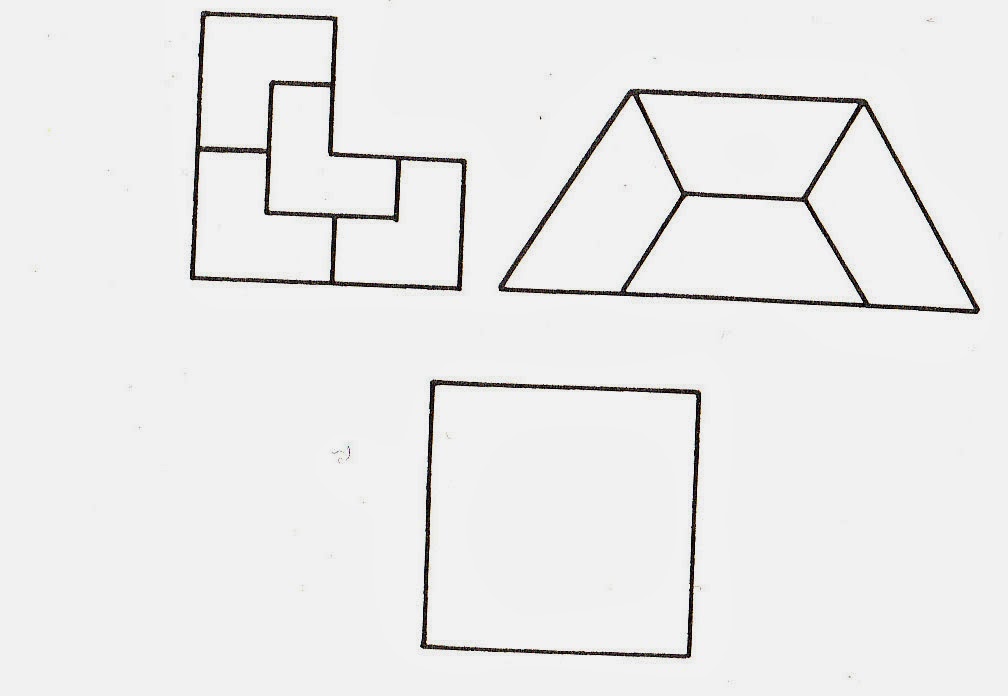Article by Camille Bauer
 |
| Artwork by Joanna Wessel |
Many people are familiar with phoenixes, the magnificent birds of fire and rebirth, and recently, several people have adopted phoenixes as pets. Since this is a very different type of pet, not many people know how to properly care for one. Phoenixes have very specific needs, and caring for them requires hard work, dedication, responsibility, and a lot of patience. To make this daunting task a bit easier, or to help you decide whether or not to adopt one yourself, here are some important things to remember when caring for a flame bird.
Feeding
Daily feeding and a healthy diet are important to your phoenix’s health.
- Feed it in small amounts throughout the day. Your phoenix will pester you if it’s getting hungry. If not fed in a timely manner, it will find food itself. It’s best to avoid this if you don’t want any possibly important papers to be burned or eaten.
- Feed your phoenix organic materials that will burn easily and not release harmful odors into the air. This is a great opportunity to burn papers you don’t want people to find or junk mail. Most phoenixes enjoy eating junk mail because it tastes fairly good and seems to please their owners.
- Make sure to feed your phoenix outside. They tend to get a bit excited and accidentally burn a few more things than they mean to, so it’s best to keep them away from other flammable materials you don’t want to go up in flames.
Exercise
Phoenixes need to be flown daily, preferably outside. You may have to let it fly indoors if it’s raining outside. Make sure your house isn’t too cluttered if you decide to let your phoenix roam indoors.
Other activities such as fetch with your phoenix can be quite enjoyable. Don’t play fetch with anything flammable or with objects that will melt at moderately high temperatures. Phoenixes tend to be around 1850-2100°F (1000-1150°C). Metal objects tend to work relatively well, but rocks and other less conductive objects are suggested. Do not pick up any metal objects your phoenix has recently come into contact with without proper safety equipment.
Sleeping
Phoenixes need about 9 hours of sleep a day. They sleep during the night which makes taking care of them a bit easier, but sometimes they’ll wake up in the middle of the night wanting food. Leave food out for it to find in case this does happen.
Make sure there isn’t anything lying around the room it’s sleeping in that could melt or catch fire. Your phoenix does not need a bed to sleep in, but if you want to, you may supply it with rocks it can make into a nest.
Keeping it Happy
Just like any pet, phoenixes require attention and care. Phoenixes love light and warmth. Don’t keep it in cold, wet places like your leaky basement.
The phoenix will let you know if it’s upset. While phoenixes are normally quiet, gentle creatures, they tend to be especially loud when they feel threatened or are extremely irritated. A phoenix’s fire will be dimmer if it’s not being cared for properly such as not getting enough food or exercise. If a phoenix gets really upset, it tends to burn things. Specifically things that are very important to you. If this happens, you deserve it.
Cleaning Up After It
Phoenixes leave ashes everywhere they go and put off a fair amount of smoke, especially after eating. Make sure the area your phoenix is in is well ventilated. Again, don’t keep it in your leaky basement. Phoenixes don’t like basements.
It’s recommended you have them sleep and play in a shed or other small structure apart from the house. It’s safer for both you and your phoenix. This way you only have to clean up one area instead of your entire house, and if it goes up in flames, it most likely won’t affect your house. If this isn’t an option, you should at least keep it in its own room that you keep clutter and water-free.
Important Warnings and Things to Avoid
There are several safety hazards and other things to consider while caring for a phoenix. Here are some of the more important things to be mindful of:
- Fire tends to be hot. Unless you’re immune to being burned, wear proper safety equipment when interacting with your phoenix.
- Everything about this animal is a fire hazard. You should just keep a fire extinguisher around. Multiple if you can. In fact, keep fire extinguishers everywhere. DO NOT USE THE FIRE EXTINGUISHER ON YOUR PHOENIX. IT WILL DIE.
- If you do let your phoenix roam your house, don’t leave flammable objects lying around. Flammable objects may include stacks of loose paper. House plants are also dangerous to keep around the house. Dead leaves tend to accumulate around them which can be a large fire hazard. If necessary, use cactuses to fulfill all your houseplant needs.
- Water is very bad for phoenixes. Since a phoenix must be reborn from its ashes in a flaming inferno, if it dies at the bottom of a pool, it’s not coming back. If you have a pool, make sure it’s covered when your phoenix is outside. If you’re keeping your phoenix indoors, make sure to not leave things like your bathtub or sinks filled.
- Supervise it if it wants to play in the snow. Snow is fun but can be deadly to phoenixes if you’re not careful.
It’s always important to know how to properly care for magical creatures especially when it is very likely your house will burn down if you don’t. Fire hazards aside, phoenixes can be lifelong friends if you show you truly care for them. Hopefully, this article assisted you in future or current fire bird care.



